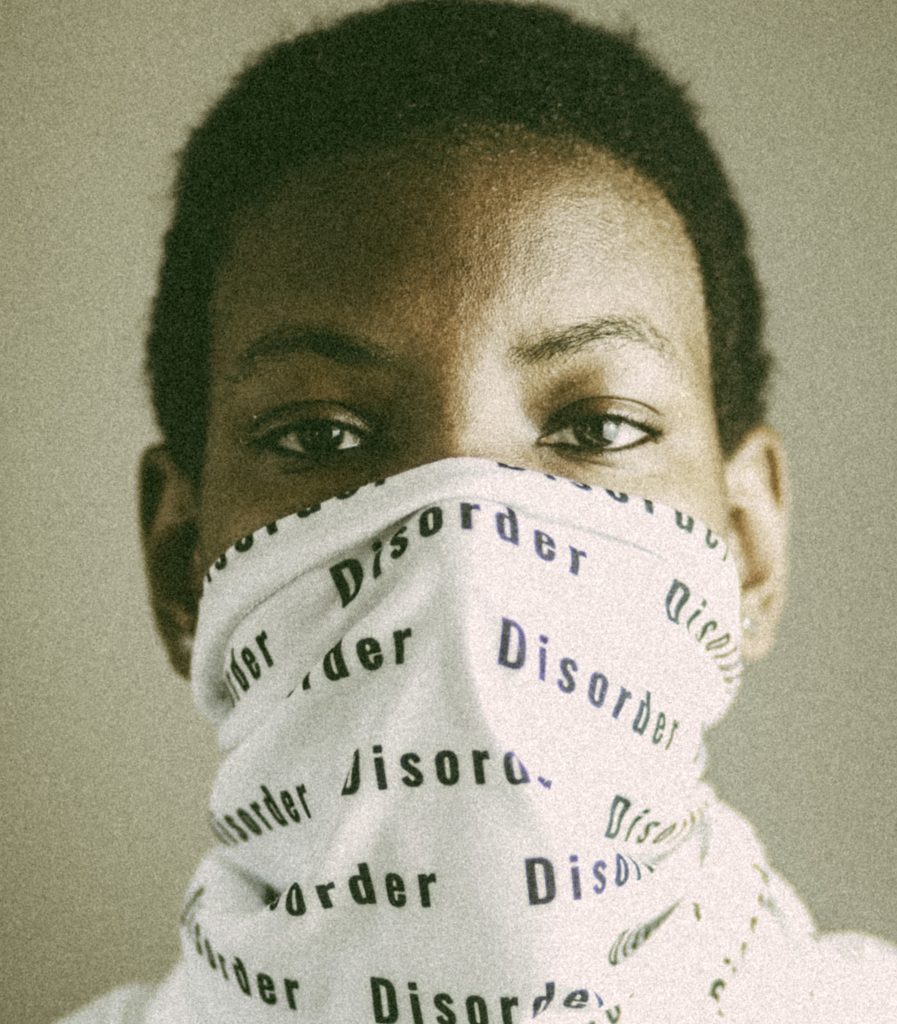Mental health is at the forefront of the country’s issues right now. In the midst of the pandemic and racial injustice is mental health. Depression and anxiety are on the increase in men, women, and children. While mental health is a universal topic, it is expressed differently in other races. Mental health is an issue in the Black community for many reasons including stigmas, attitudes towards mental health, and lack of knowledge about mental health and resources. As a Black mental health professional, Black mental health advocate, and black human being, I feel an obligation and passion to provide information and empowerment about mental health in the Black community. I’m here today to discuss one of those topics: ADHD in the Black community.
Attention deficit hyperactivity disorder (ADHD) affects millions of people every year. The CDC reported in 2016 that 388,000 children ages 2 – 5 years, 4 million children 6 – 11 years old, and 3 million children ages 12 – 17 years old were diagnosed with ADHD. As parents, caregivers, and advocates it is important to understand ADHD and how to function with it.
 ADHD in the Black Community
ADHD in the Black Community
I recently spoke with Dr. Tanikqua Moore, of Focus-MD, a medical office in Homewood, Alabama that specializes in the diagnosis and treatment of ADHD in children and adolescents. In my interview, I was able to get some ADHD basics and some ADHD facts for the Black community. So, let’s get to it.
According to Dr. Moore, ADHD is one of the most common neurobehavioral disorders of childhood, and boys are three times more likely to be diagnosed than girls. Boys typically exhibit external symptoms such as hyperactivity (running, physical aggression) while girls exhibit internal symptoms like inattention or daydreaming. Managing ADHD happens through a combination of medication, behavior therapy, and school accommodation. Medication treatment for ADHD can be stimulant or non-stimulant. It is also important that parents learn ways to manage their child’s ADHD at home, including adequate evaluation and tailored management according to the child.
I asked Dr. Moore three important questions about ADHD and the Black community:
- What are the effects of ADHD on the Black community?
- How can the Black community become more knowledgeable about ADHD?
- How do other mental health issues affect the Black community?
Here are the answers in a nutshell.
African Americans are much less likely to be diagnosed with ADHD, and if they are diagnosed, treatment is less likely too. The results of this can lead to difficulty in school and with making friends. This can also lead to labels. In the Black community labels are a common fear as they can lead to social discrimination, as well as struggles in academics and work. ADHD in African Americans can also lead to anxiety and depression. ADHD in the Black community is a difficult topic but Dr. Moore suggests making it relatable and personal can help us become more knowledgeable and empowered about that and other mental health issues. Discussing ADHD and other mental health issues with trustworthy and condition-specific providers is helpful too.
It is vitally important that conversations about Black mental health happen now! Education and advocacy are the keys to ending the stigma of mental health in the Black community! Stay tuned for more matters of Black mental health.











